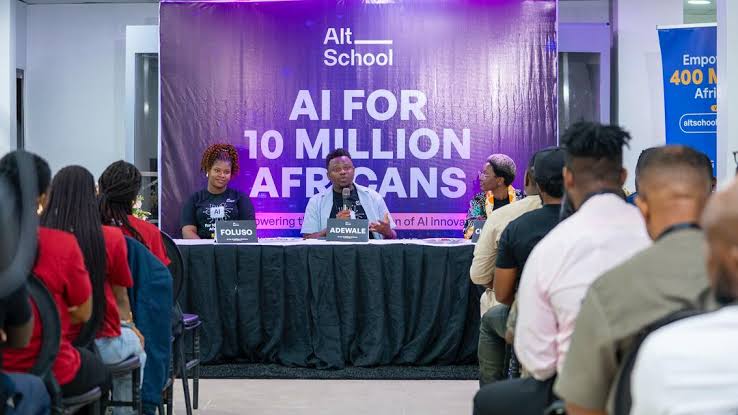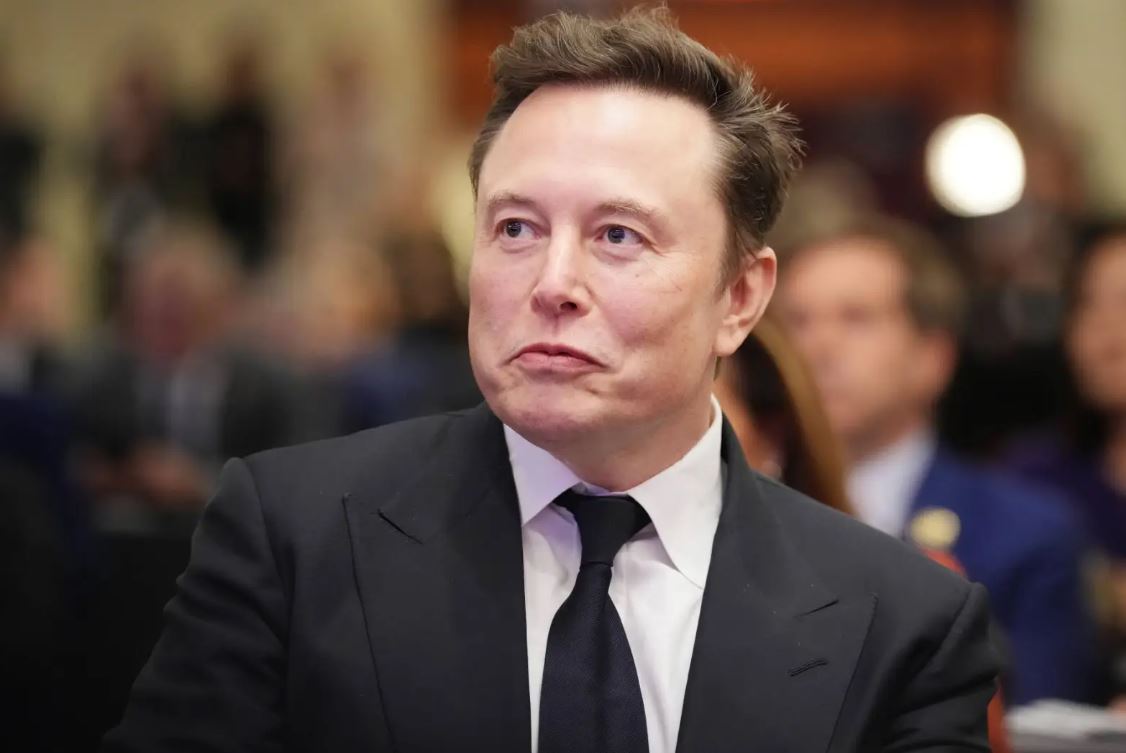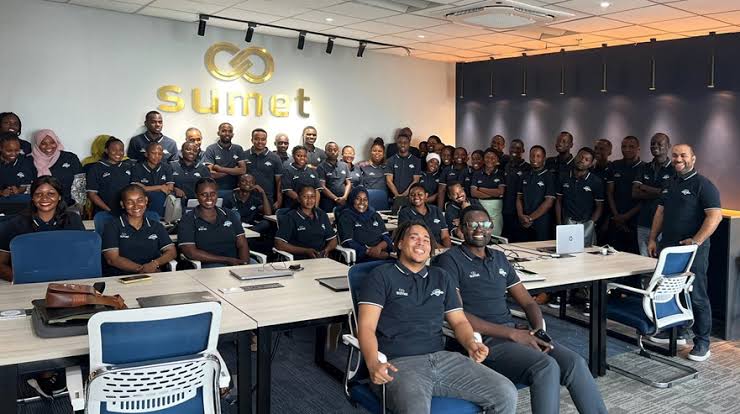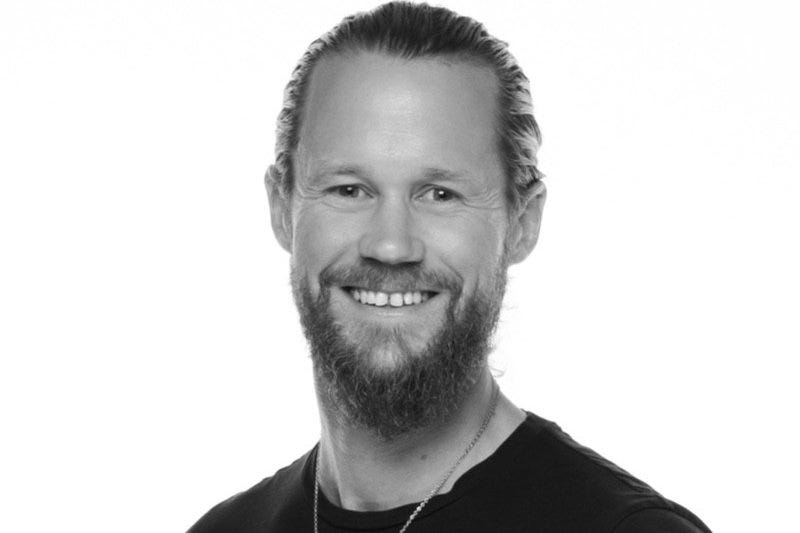AltSchool Africa, a leading edtech platform, announced the launch of the “AI for 10M Africans” initiative on Thursday. This ambitious program aims to provide free artificial intelligence (AI) education to 10 million Africans, bridging the knowledge gap and empowering individuals to integrate AI into their careers and daily lives.
Empowering Africans through AI education
The initiative is designed to cater to learners at all levels. It will start with foundational courses that introduce AI concepts and debunk misconceptions. It will then progress to advanced topics such as machine learning, data science, AI engineering, and practical AI applications.
Adewale Yusuf, CEO of AltSchool Africa, emphasised the importance of the program, stating, “The future belongs to those who are prepared. AI is no longer a technology of the future; it is shaping industries, economies, and everyday life today. With this initiative, we are taking a bold step to ensure that Africans are not left behind. AI for 10M Africans is more than an educational programme; it is a movement to create opportunities and bridge the knowledge gap”.
The program is structured to be accessible and multilingual, with courses available in English, French, Swahili, Arabic, and other widely spoken African languages. This approach ensures that no linguistic barrier stands in the way of learning, making it inclusive for everyone across the continent.
Foluso Folorunso, Project Lead for AI for 10M Africans, noted, “Many people in Africa still see AI as something distant or even intimidating. Our goal is to change that. This initiative provides structured, accessible, and engaging learning experiences that will help Africans understand AI, leverage it for personal and professional growth, and even build AI-powered solutions”.
Read also: UBA trains over 3000 finance and banking professionals for leadership roles
AltSchool Africa calls for AI education collaboration
AltSchool Africa invites organisations, government bodies, and industry leaders to support and collaborate on the initiative to achieve its ambitious goal.
Yusuf highlighted the role of partnerships, saying, “We believe in the power of collective effort. AI for 10M Africans is an opportunity for organisations to make a lasting impact by supporting AI education at scale. Whether through sponsorships, mentorship programmes, or employment opportunities for certified learners, there are many ways to contribute to this vision”.
The initiative includes comprehensive learning pathways with hands-on projects and technical training in AI product development. Strategic partnerships with universities, tech companies, and government agencies will support AI education at scale, while certification and career support will help learners apply their skills across various industries.
Christine Ashimwe, a Business Developer for East Africa, emphasised the importance of regional inclusion and urged policymakers to integrate AI education into African school curricula.









